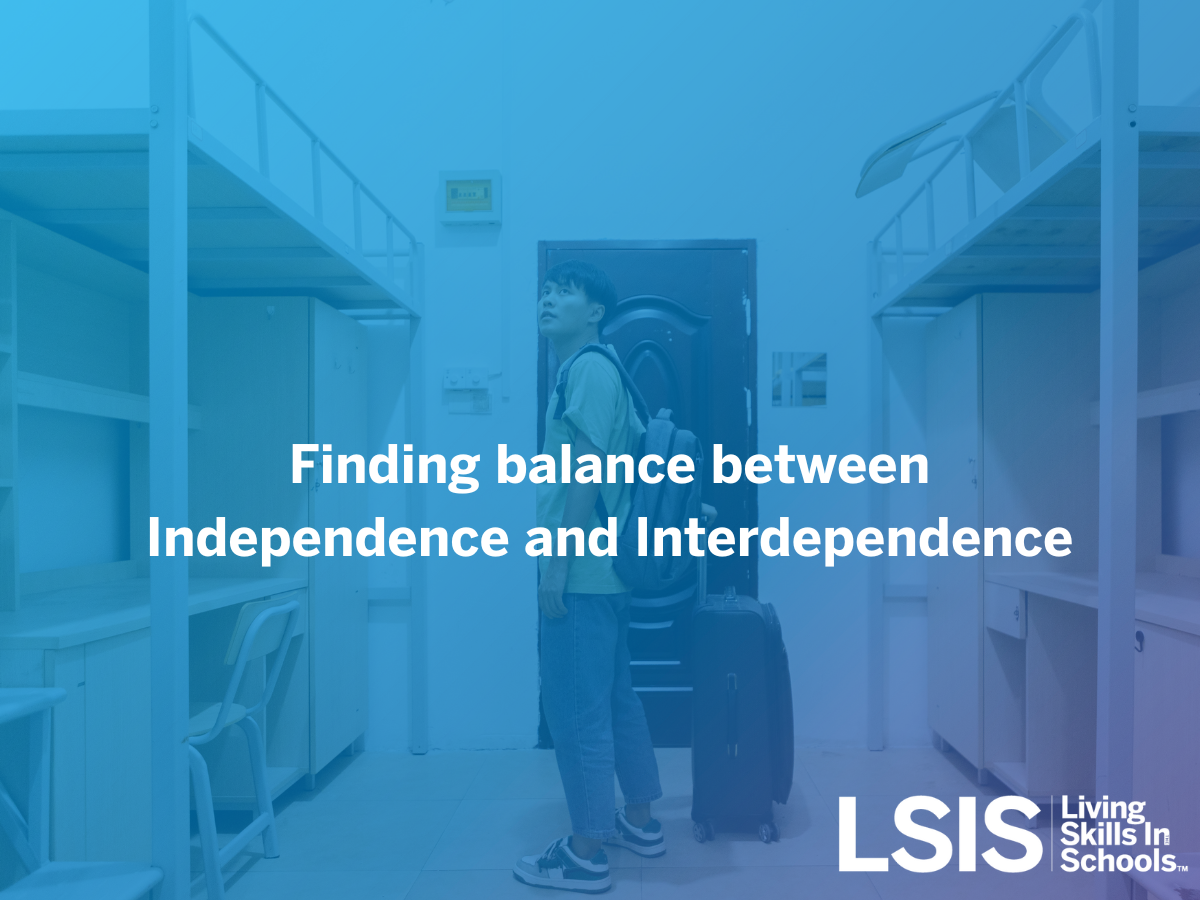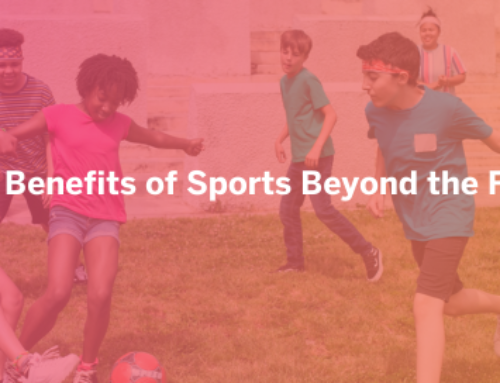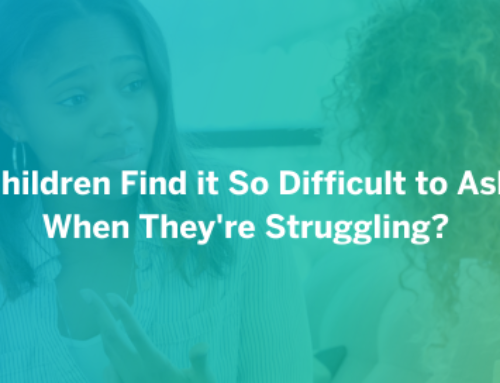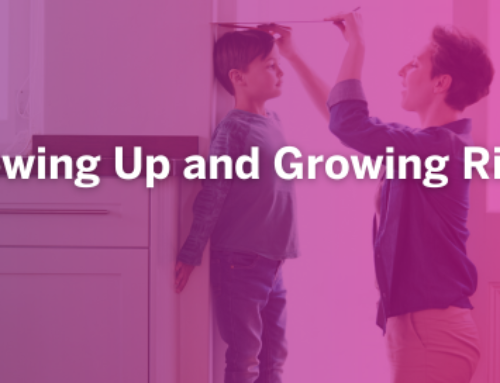
Seeking help when needed
By: Teresa Bairos, LMFT, Program Director
Primary Prevention is about delaying the onset of first use. For some students, this is early middle school; for others, high school, and others may not try their first substance until college. Regardless of age, armed with information, students can make their health decisions based on credible information. The Monitoring the Future study (2023) shows that 48% of high school seniors admit to having tried alcohol in their lifetime. Research also shows that 70% of students who try their first substance before the age of 13 will have the disease by the age of 20.*
At college age, those who tried their first substance in middle school are likely past the onset of the disease and instead in the stage of progression of the disease of addiction. They may be experiencing an increase in tolerance, such as an increase in quantity and frequency of use, exploring additional substances, and suffering the academic, social, relational, legal, and possibly even medical consequences of use. Regardless of the circumstances, college students are surrounded by the early signs of both onset and progression. Understanding progression places students in the unique position of preventing the lifelong and devastating consequences of this disease by knowing when, how, and where to reach out for support. Acknowledging risk factors and recognizing early signs of onset, paired with knowing protective factors and utilizing resources, establishes the cornerstone of prevention at the secondary education level. Applying this knowledge can ensure that they avoid succumbing to the academic consequences of substance use in secondary education.
Assess Yourself
Here are some steps students can take to assess their risk of developing the disease.
- Reflect on your age of first use and determine if you are at high, moderate, or lower risk.
- Did your first substance use, if ever, occur in middle school? Early high school? Later in high school? or perhaps not at all?
- Take an inventory of your current use of substances (Yes, alcohol is a substance).
- Do you find yourself using it more or more frequently than you once did? Do you have preferences?
- Are you using it to avoid any emotional experience?
- When you have discontinued using, has it been a physical, emotional, or social challenge for you?
- Explore the consequences of your use.
- Are you less motivated, less reliable, less present than you once were? Lower grades? Not keeping commitments?
- Has your social group changed?
- Are there ways in which your substance use has impacted your physical health or safety?
Participants in last week’s seminar are now knowledgeable about risk factors and signs of disease progression and impact. Answering these questions can allow you to explore where you are on the road to addiction. If you answer yes to most of these questions, it may be time to seek support. Yet, we also know there are extraordinary challenges involved with asking for support in any circumstance, and likely even more so when it comes to substance use.
Suppose we have established a support network of trusted adults and resources (both of which are euphemisms for how we are held accountable or celebrated for self-care). Support networks remind us of the consequences of our mistakes and the benefits of our successes and challenge us when we are about to turn down a path that may not serve us. These resources and support can be personal and may have followed us since childhood. They can also be professional, such as doctors, therapists, EAP services, or student services available to us in our professional and academic lives. The most successful way to utilize these resources is to understand and explore them long before they are needed.
Explore your support.
- Who in your life genuinely holds you accountable for taking care of your mental health?
- Who challenges you when your decision-making leads you down unhealthy or unproductive paths?
- Are there people in your life who encourage you to do things that are not conducive to your mental, physical, or academic health?
- When was the last time you remembered to get enough sleep, be out in nature, and eat a healthy meal? All of these are natural ways to boost your dopamine. Countless nutritional and lifestyle changes can be made to ensure healthy dopamine levels and improve mental health.
- Outside of your relationships, what resources are available when the help you need is beyond their abilities?
o Do you have health insurance to access a good doctor? If not, where is a free clinic you can attend?
o Does your college, university, or employment offer counseling services that may be available to you?
There are two questions that LSIS challenges you to think about. “How willing are you to ask for help? What are your obstacles to asking for help?” A newly found independence at college often finds students trying to prove to everyone that they are capable. The problem is that many of us must understand that it is not about proving we’re capable of everything! Now is actually the time of life when you determine what you need help with while learning to be more capable each day. You will only grow if you’re willing to ask for help. Ask yourself, where are you limiting yourself? What help could you benefit from?
If you or someone you know is struggling, please remember to reach out to the following resources:
Palm Beach State Student Counseling Center:
Phone: (561) 868-3980
Web page: https://www.palmbeachstate.edu/counselingcenter/
Email: [email protected]
Panther Care Team: https://www.palmbeachstate.edu/student-life/panthers-voice/
Services are confidential and free of charge to any registered and enrolled student, and they include:
➢ Confidential mental health counseling
➢ Case Management/Community resource linkage
➢ Panther Pantry/SNAP Registration
➢ Student Emergency Assistance Fund
➢ Mental Health Crisis linkage to care
➢ Foster Care and Homeless Youth Point of Contact
➢ Comcast –Internet Connection
References:
*National Institute on Drug Abuse Statistics, https://drugabusestatistics.org/








Leave A Comment